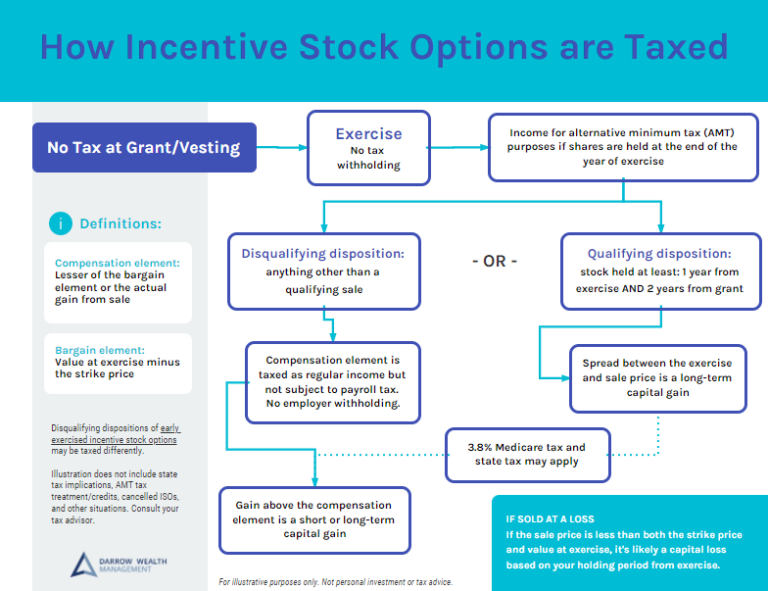If you get fired or laid off from your job, consider the options for your old 403(b). In most situations, rolling your 403(b) over to an IRA is the best option, but it’s not your only choice. Here’s what happens to your 403(b) if you get fired, laid off, or lose your job. (Note: if you have a 401(k) and are wondering what happens to your plan after being fired, keep reading. You’ll have the same options.)
 Here’s what happens to your 403(b) if you get fired (or laid off, or quit…)
Here’s what happens to your 403(b) if you get fired (or laid off, or quit…)
Usually: nothing. Unless your account is very small, the plan may not be able to force you to take the funds. But that doesn’t mean you should leave your old 403(b) where it is.
Your contributions to your 403(b) can’t be taken away or forfeited. Contributions to your 403(b) made by your employer may be subject to vesting requirements.
In this case, any money that isn’t vested as of the date you were fired or laid off is no longer yours. Funds that you are 100% vested in will stay in your account and can be rolled over to an IRA, transferred, or converted to a Roth IRA.
4 options for your old 403(b) after getting fired or laid off
- Roll the money over to an IRA
- Convert to a Roth IRA
- Transfer the funds into your new retirement plan
- Keep the money in your old plan
More on each below.
403(b) Rollover to IRA (Most Common)
Potential Benefits:
- Continue tax-deferred retirement savings
- No limited investment options like you had in your old 403(b) plan
- Your financial advisor can incorporate these assets into your investment management strategy
The most common way to manage an old 403(b) is an IRA rollover. You may want to consider opening a new rollover IRA for the 403(b) funds, even if you already have a traditional IRA. Doing so may preserve the enhanced creditor protection of the qualified retirement plan. Learn more about this asset protection strategy here.
There are no tax implications or income limitations on 403(b) rollovers. IRAs typically offer more investment options than employer-sponsored retirement plans and can give you access to professional investment advice from the retirement advisor managing your IRA. In fact, one of the main benefits of a 403(b) rollover is the added flexibility and depth of investment options now available to you.
Other considerations:
- Fund options – 403(b) investment options are limited to mutual funds and annuities. However, sometimes the options are really advantageous and only available within the plan (some annuity options at TIAA-CREF, for example)
- Consider costs: plan expenses and fees vs expenses at the new institution, advisory fees, etc
- Consider what, if any, other services the plan extends to terminated participants and whether a rollover would give you access to new services, perhaps if you’re working with a financial advisor
- Creditor protection for assets in an IRA may be lower than a qualified plan
- 403(b) vs IRA rules for penalty-free early withdrawals: IRAs permit certain withdrawals for qualified education expenses, first-time homebuyers, and health insurance premiums paid while unemployed. However, 403(b) plans may permit withdrawals before age 59 1/2 if the employee has separated from service.
403(b) Conversion to a Roth IRA
Potential Benefits:
- Continue tax-deferred growth and funds may be taken out tax-free in retirement
- If your income tax bracket is lower today than it will be in retirement, you could save money by paying tax now instead of later
- A way to fund a Roth IRA but due to income limitations you’re not able to make regular contributions
Unlike a 403(b) and a traditional IRA, a Roth IRA delays its tax benefit until retirement. When you make withdrawals in retirement, the funds are tax-free so you don’t pay income taxes on your investment gains.
In exchange, the Roth IRA must be funded with after-tax dollars. This means that when you complete the 403(b) rollover, you’ll need to pay income tax on the entire account balance, which can be expensive depending on the size of your 403(b).
Also keep in mind that the amount of your 403(b) rollover that is converted to a Roth IRA will be added to your taxable income for the year and potentially push you into a higher tax bracket. If you cannot come up with the cash to pay the taxes due with non-retirement money, it usually is not advantageous to convert to a Roth.
Unlike a traditional IRA, there are income limitations that apply to regular Roth IRA contributions. However, these income limitations do not apply to a 403(b) rollover to Roth IRA. Therefore, if a Roth IRA makes sense for your overall retirement wealth strategy and a 403(b) rollover to Roth IRA is the only way you can take advantage of it, this might be a good strategy for you.
Otherwise, the same considerations as the above section apply.
403(b) Rollover into Your New 401(k) or 403(b) Plan
Potential Benefits:
- Want to manage everything together and don’t already have investments outside of your new retirement plan
- Are happy with the investment options available in your new 403(b) or 401(k) retirement plan (and when to consider investing outside target-date funds)
Depending on when you were fired or laid off, you may already have a new job with a new 403(b) or a 401(k). You can roll a 403(b) into a 401(k) per the IRS rollover chart.
It is important to note that although this is sometimes the preference for investors, it isn’t always the best choice. Diversification is the best way to manage risk, and holding the bulk of your nest egg in one retirement plan with no discretion on the availability and scope of investment options or the associated plan fees can be taking an unnecessary risk. Further, if you wish to roll over your old plan immediately, you may not be familiar enough with the new plan.
Otherwise, the same considerations as the first section apply.
Leave your plan with the old employer
Unless you have access to really great funds in your old plan, generally, leaving the money with an old employer may not be the best option. The primary reasons are that an old plan is easy to forget about and much harder to manage your investment strategy.
However, consider this as one of your options and weigh the considerations as previously discussed.


 Here’s what happens to your 403(b) if you get fired (or laid off, or quit…)
Here’s what happens to your 403(b) if you get fired (or laid off, or quit…)







